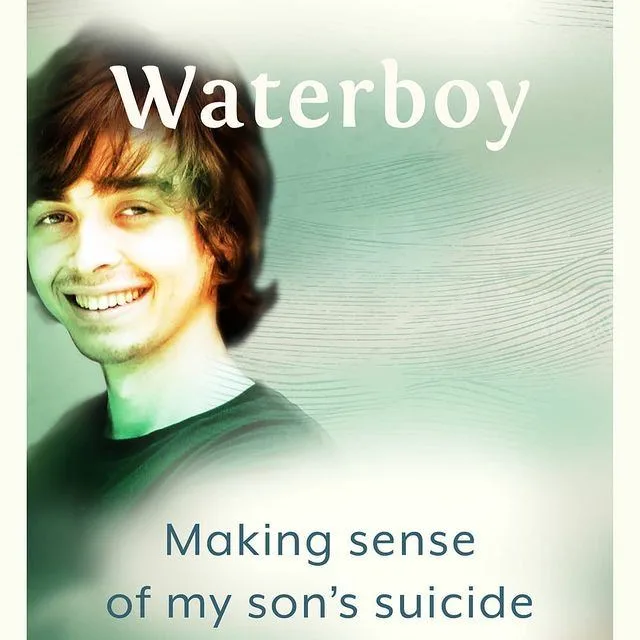According to the World Health Organization, more than 700 000 people die due to suicide every year and for every suicide there are many more people who attempt suicide.
Suicide affects so many people around the world, but we never think that we will experience it so close to home, and that’s exactly what happened with Glynis Horning, author of Waterboy: Making Sense of My Son’s Suicide.
Glynis Horning pens a compelling and agonizing story. It chronicles a parent’s worst nightmare and, in doing so, sheds light on the importance of mental health.
Suicide and Mental Health: Breaking The Stigma
There is so much stigma attached to mental health and suicide that for Glynis to make the decision to pen such a compelling novel definitely needs to be applauded.

Ivan Popovych/Shutterstock
Now, while Glynis admits that making the move wasn’t easy, the support she received from her husband and younger son made it easier to also help break the stigma.
“If we can just start by speaking to more people and use the term suicide can help people who look and may seem suicidal and find ways to work through whatever their issues are.”
Looking for the signs
Glynis’ son, Spencer, suffered from major depression, generalized anxiety disorder, and an underlying blood condition which could have made him open to fatigue and problems with concentration. When one has to deal with all these problems, it’s quite difficult to get a handle on them.
Glynis lists the major signs as:
- Sadness
- Withdrawn
- Irritable
- Acting irrational
- Changes in their eating and sleep patterns
- Changes in weight
- Indulging in alcohol and drugs

Photo by Sam Moqadam on Unsplash
That said, Glynis does admit that she only caught her son being sad or down once or twice, and she asked, “What was wrong?”, he would claim that he was okay.
As a mom, Glynis tried to get her son the necessary help, and she says that if you notice these signs in a loved one, then you need to act. You can take them out for coffee and having a small chat can make a huge difference in their lives.
Grieving suicide
“As a mother, number one – my job is to bring my son and daughter into the world and keep them alive. I failed and I didn’t manage to do that. What did I do wrong? What did I miss?”
Glynis shares that many people, not just the parents of the deceased, share these thoughts. She admits that the self-questioning doesn’t stop. However, she also adds that developing skills that can help you through the trauma is a great way to cope. It can be little things like having a routine, exercising, and having somebody to talk to.
Takeaway
If we really want to protect the mental health of those around us, Glynis advises that we reach out. Remember to be open to their emotions, “If you see any signs, be the ear – be the person who messages.”
She adds that the best messages she received aren’t the ones that asked how she was. In fact, the best messages were the ones that let her know that people had her in their thoughts.
Watch The Interview
The video interview with Glynis Horning contains the entire dialogue of this interview, and you can watch it below.
View this post on Instagram



![women [longevity live]](https://longevitylive.com/wp-content/uploads/2020/01/photo-of-women-walking-down-the-street-1116984-100x100.jpg)










